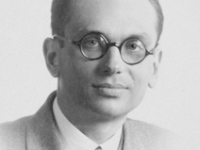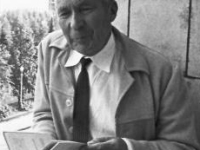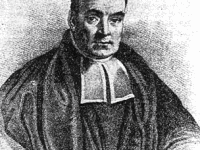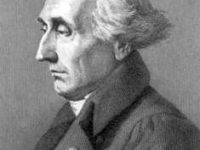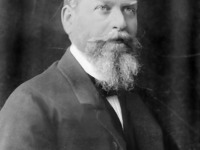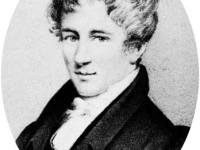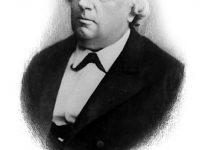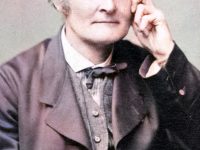Kurt Gödel Shaking the Very Foundations of Mathematics
On April 28, 1906, Kurt Gödel was born. He was one of the most significant logicians of all time. Gödel made an immense impact upon scientific and philosophical thinking in the 20th century, a time when many, such as Bertrand Russell, A. N. Whitehead and David Hilbert were pioneering the use of logic and set theory to understand the foundations of mathematics. “Either mathematics is too big for the human mind, or the human mind…
Read more

